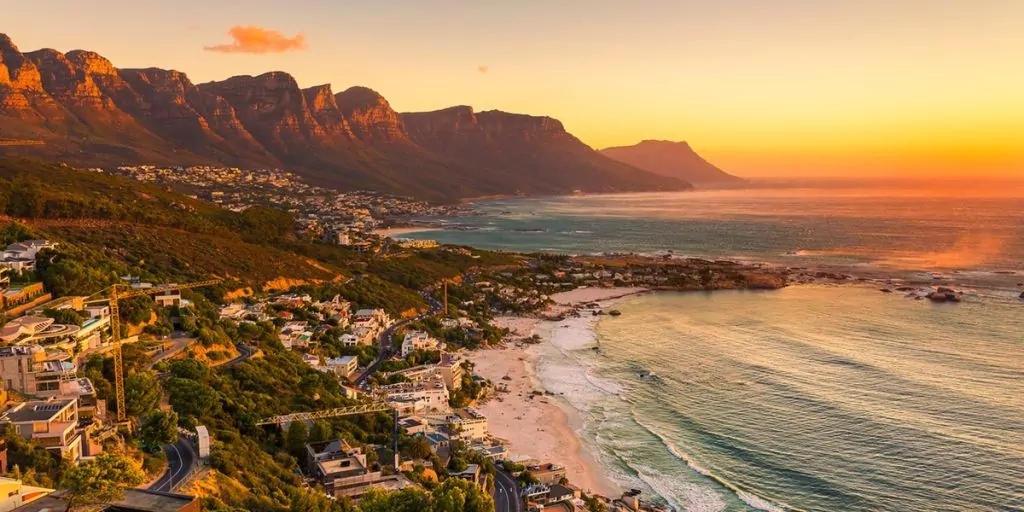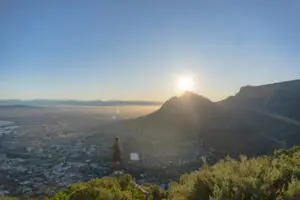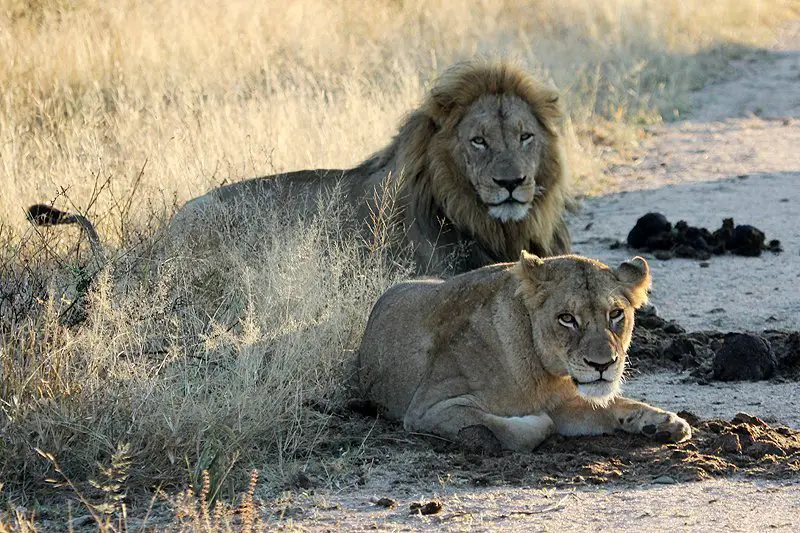If you’re looking for an amazing travel destination, be sure to add South Africa to your list! This beautiful country has so much to offer, from stunning scenery and wildlife to fascinating history and culture. The best way to explore is by travelling around and experiencing all the different aspects of the country.

From the vibrant city life of Johannesburg to the natural beauty of Kruger National Park, there is so much to see and do. With friendly locals and a diverse range of cultures, you’re sure to have a memorable trip. So, start planning your adventure today – you won’t regret it!
RV rental in South Africa:
Renting an RV to explore South Africa is a great way to see the country, especially if you are free to explore. You can stop at places that interest you and make your own itinerary. Prices can be high in peak season, so book early to avoid disappointment or missing out on special rates.

If you are considering RV rental in South Africa, here’s what you need to know:
There is no shortage of RVs available for rental in South Africa. Many companies offer a range of vehicles from small vans suitable for couples to larger motorhomes suitable for families or groups of friends. Prices vary depending on the size and type of vehicle, as well as the company you use. Generally speaking, prices start at around 1,200 ZAR per day during low season and increase to around 3,000 ZAR per day during peak season. Some companies offer weekly rates which can be cheaper than daily rates if you are planning a longer trip. The longer you hire the vehicle for, the cheaper it will be per day.
The cost of hiring an RV also includes basic insurance cover. This covers damage caused by an accident or theft but not any personal belongings you may have inside the van (you will need travel insurance for these). Some companies also charge extra for additional drivers or extra equipment such as child seats or satellite navigation systems. Be sure to check with your chosen rental company what is included in their rates before booking so that there are no surprises later on!

Generally speaking, RV rental companies will require you to have a valid driving license from your country of residence and be over 21 years old (25 years old for some companies). If you plan on travelling into Namibia, Botswana, or Mozambique then you may also need some cross border documentation, which some suppliers offer as extra as well. Check with your rental company before booking to find out what documents they require from drivers.
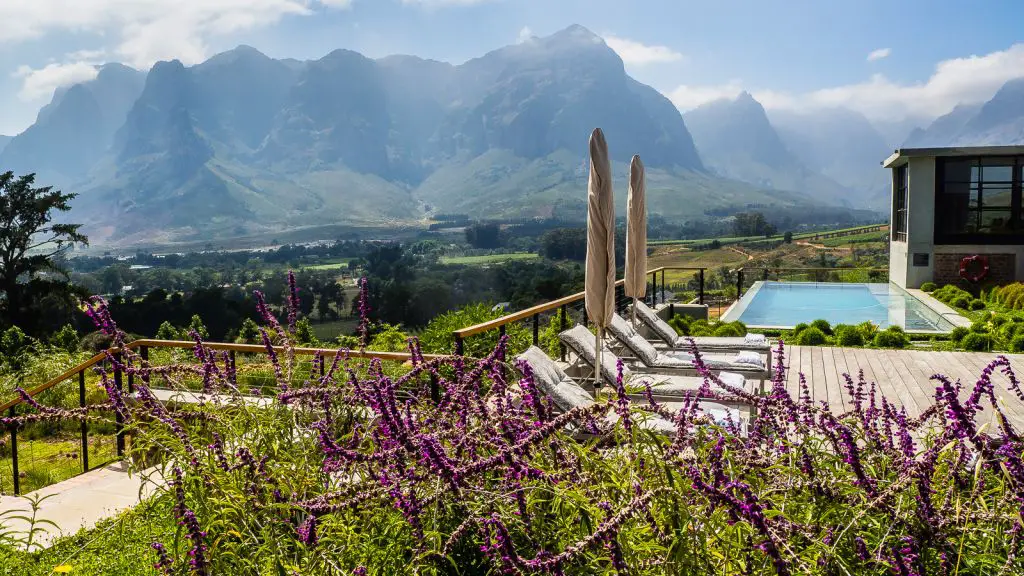
Overall, hiring an RV gives you the freedom and flexibility to explore South Africa at your own pace without being tied down by public transport timetables or expensive hotel bills every night. However, it does mean that you will be responsible for finding somewhere safe to park up and sleep each night – which may not always be easy! Make sure you do some research in advance about overnight camping options along your route – some municipal campsites do exist, but they can fill up quickly during peak season so it’s always best to have a few contingency plans in place just in case!
Best routes & Destinations to explore via campervan in South Africa:
There are many great routes and destinations to explore in a campervan in South Africa. Some of the most popular include:
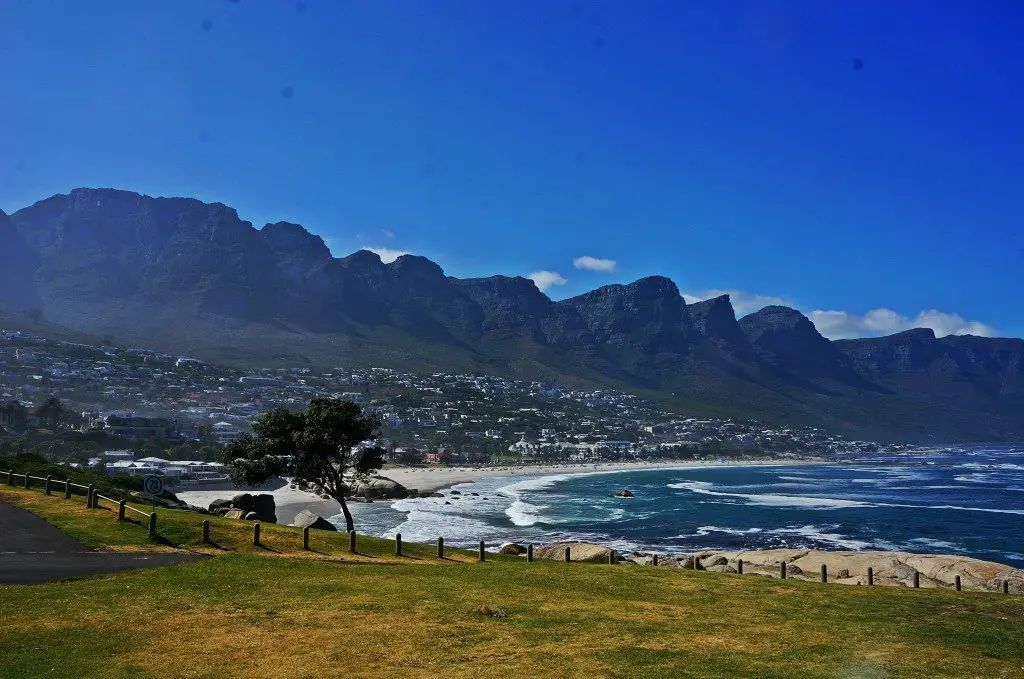
The Garden Route: This popular coastal route stretches for nearly 200 miles from Cape Town to Port Elizabeth and is a popular tourist destination renowned for its beautiful scenery, charming towns, and excellent surfing.
The Kruger National Park: One of South Africa’s most popular national parks, Kruger is home to an abundance of wildlife including lions, elephants, and rhinos.
The Drakensberg: This mountain range offers stunning views, hiking trails, and rock-climbing opportunities.
Table Mountain: This iconic mountain is one of Cape Town’s most popular tourist attractions and offers panoramic views of the city and harbor below.
The Winelands: South Africa is home to some excellent vineyards and the Winelands region is the perfect place to sample some of the local wines.
Robben Island: This island off the coast of Cape Town was once a prison and is now a UNESCO World Heritage Site.
Cape Town: The mother city of South Africa, Cape Town is a must-visit with its stunning beaches, world-class restaurants, and vibrant nightlife.
Durban: A popular seaside resort town, Durban offers great surfing, excellent beaches, and a lively atmosphere.
Johannesburg: The largest city in South Africa, Johannesburg is a cosmopolitan metropolis with a fascinating history and plenty to see and do.
Soweto: This township was once the site of some of the most important events in South Africa’s struggle for freedom and is now a popular tourist destination.
Camping in South Africa:
There’s nothing quite like camping in South Africa. It is a vast and beautiful country full of wide-open spaces, the fresh air, and a huge range of landscapes to explore while the chance to connect with nature makes it a truly unique experience. Whether you’re looking to explore the country’s stunning landscapes or simply to relax and recharge, camping is a great way to experience them. You can find many national parks and reserves where you can camp for the night.
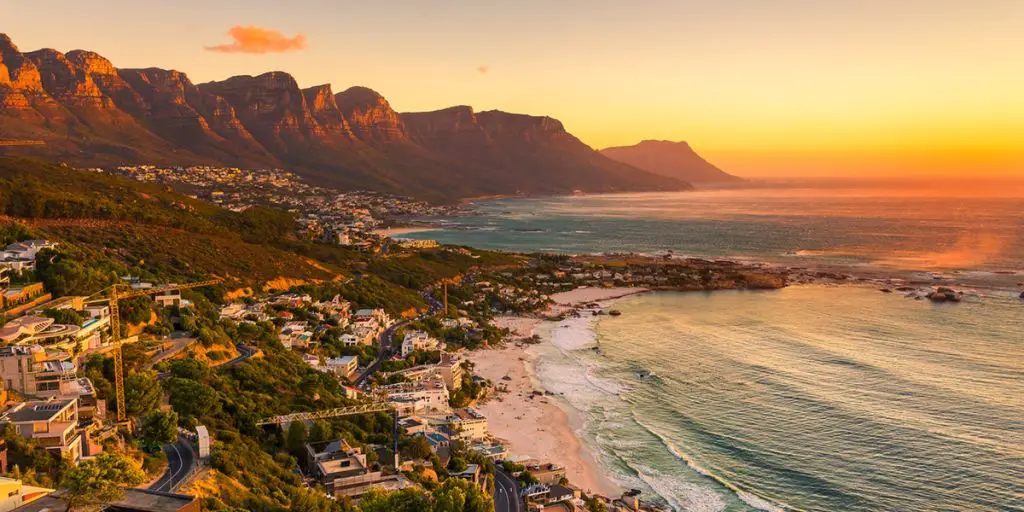
Be sure to check with the park or reserve before you go to find out where you can and can’t, as what could be more magical than spending a few nights under the stars in some of the most remote and stunning parts of the country? Wild camping is a truly unforgettable experience.
Wild Camping in South Africa – Helpful Tips
There is no shortage of places to go for wild camping in South Africa; from the majestic Drakensberg mountains to the wild coast, there is plenty to choose from. There are many reasons why you should go for a wild camping experience; it helps you connect with nature, saves money, and gives you an unparalleled sense of freedom. Here are some tips that will help you plan your next wild camping trip:

Location: One of the most important things to consider when planning a wild camping trip is finding a suitable location. Make sure that you find a place where there are no people around, because at night all sounds tend to be amplified and you don’t want to disturb anyone.
Take a look at a map of South Africa and find yourself in the middle of nowhere on your own; that’s where you should camp, even if it means driving further to get here. If possible, try and find some elevated ground as well so that if it rains during your stay you won’t have to worry about flooding or mudslides.
In terms of vegetation, try and avoid camping under trees because this will make it difficult for you to see anything around you at nighttime and could present a potential risk for falling branches or leaves. The last thing that we recommend checking before leaving is whether there are any animals or dangerous insects in the area – obviously these can pose a major threat if they attack you so make sure that this isn’t something that you have to worry about!
Tents & Tarps: Now that you’ve found yourself an ideal spot for wild camping in South Africa, it’s time to start thinking about what kind of shelter/shelters you’ll need for your trip. The most obvious choice would be a tent but if one isn’t available then a tarpaulin (or two) can also do the trick just as well; simply tie these up between trees or any other objects that can support their weight in order to create yourself an instant roof!
If possible, try and find materials that are waterproof so that they provide maximum protection against any bad weather conditions which may occur whilst out camping. In terms of tents themselves, it’s best to choose something small and compact so that it’s easy for you to carry around with you on your journey into the wilderness. It’s also worth bearing in mind how many people will be sharing this space with you too; after all, nobody likes feeling cramped up when they’re trying to sleep!
Once again though, make sure that whatever shelter/shelters you do use are resistant against any harsh weather conditions which may arise whilst out camping – not only will this keep everyone warm and dry, but it’ll also prevent any potentially dangerous situations from occurring too (i.e., if strong winds were to cause your tent/tarpaulin to collapse in on itself).
3. Campfire & Food Cooking: Another key element of wild camping in South Africa (or anywhere else for that matter!) is having a good old-fashioned campfire; not only does this provide warmth and light but it’s also great for cooking food on too! You’ll need to gather some wood from around your campsite before starting the fire though so make sure that there’s plenty available nearby; alternatively, you could always bring some with you from home as well just in case.
Once the fire is burning nicely, use its heat to cook whatever food items you brought along with you; tinned beans work well here but feel free to get creative! Just remember though – never leave your fire unattended as this could quickly get out of control leading to potentially devastating consequences (i.e., starting a forest fire). Another top tip is to always douse your flames thoroughly with water before going off into the night as well; this way there won’t be any danger of them reigniting whilst you’re asleep which could easily lead to disaster!



